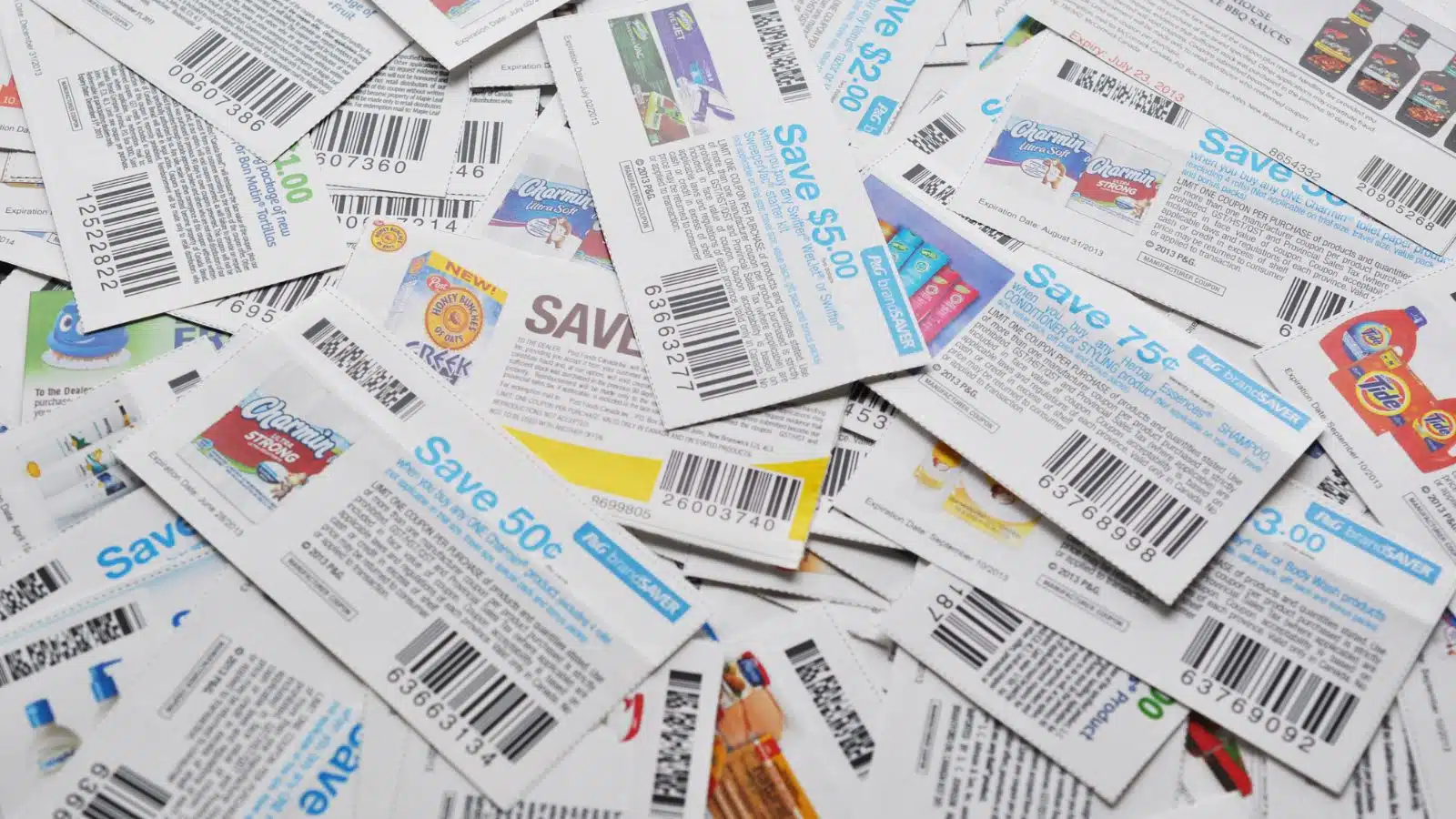Everyone wants to live a more frugal life by saving money while being efficient. But, there are some so-called “frugal habits” that actually contradict themselves, making these habits more wasteful instead. So, a person user asked an online community what outdated or just wrong pieces of frugal advice people are still repeating.
1. Don’t Use Credit Cards

Always paying for everything with cash hinders your ability to build a great score, especially when you need a loan. Some credit cards also offer cashback and extra rewards and bonuses. To avoid paying interest, pay off your statement balance in full.
2. Buy In Bulk

Buying in bulk is not always the solution, especially if the items expire. Perishable items spoil or lose their freshness, making them a waste. On other occasions, a person may only need a fraction of that bulk item, causing them to lose money.
Follow Invested Wallet For More

If you’ve enjoyed reading our content and are passionate about learning wealth, managing your finances, and achieving financial freedom, we’d love for you to join our community! Click here to follow Invested Wallet for more.
3. Build Everything Yourself

Content creators make it seem that anyone can easily create household furniture themselves. What they leave out is the cost it took to purchase the equipment used to build such things. So, although the material may cost $80, the equipment costs anywhere from hundreds to thousands of dollars more.
4. Clip Grocery Store Name Brand Coupons

Manufacturers’ coupons are highly marked up for processed foods. And, sometimes, a different size of the same product by the same manufacturer that didn’t qualify for a discount was a better buy. Try buying generic and cooking from scratch.
5. Driving For Miles To Save A Few Cents On Gas

With gas prices going up, everyone is always looking to save money. But, unfortunately, others find driving miles to another gas station useless to save a few cents a gallon.
6. Wash Dishes By Hand

Dishwashers are more efficient now by using less power to heat the water and run a load. Also, a dishwasher uses less water than a full sink and can do more dishes with that amount of water.
7. Make Your Own Detergent

A lot of DIY recipes are soaps rather than true detergents. As a result, they won’t get clothes as clean and leave a residue that must be stripped more often to prevent stink and grime. Others say using baking soda, and vinegar doesn’t cut it. Instead, they say to save frustration and time and buy proper cleaning products.
8. Doing It All Yourself

Doing everything yourself can make you feel like you’re saving money. But the real question is, “How much time did you spend?” Also, can you do as good of a job as someone who does it for a living?
9. Hoard Something To Use One Day

It saves money as long as you aren’t branching out to storage units. But if a person never uses it, it only takes up valuable space in their home.
10. Shop On Black Friday

Black Friday used to offer some deep discounts on select items and lesser deals on almost everything else. Today it’s 20 percent off a few big things, and everything else is at regular price.
11. Skipping Necessary Medical Care

Neglecting medical care to save money might provide short-term financial relief, but it risks exacerbating health issues that could require more expensive treatments in the long run. Prioritizing financial savings over one’s well-being can ultimately result in compromised health and quality of life.
12. Ignoring Basic Comfort

Sacrificing essential comforts like proper heating, cooling, or nutrition in an attempt to save money can have detrimental effects on health and overall quality of life. Prioritizing financial savings at the expense of basic comfort can contribute to stress, discomfort, and even potential health issues in the long run.
13. Refusing to Tip

Tipping is a standard practice in many industries and is a way to recognize and appreciate the efforts of those who provide services. Choosing not to tip can reflect a lack of empathy for the financial challenges that workers face and contributes to an unfair and unsustainable work environment.
14. Unwillingness to Socialize

Personal connections are essential for emotional well-being, personal growth, and building a supportive network. Prioritizing frugality to the extent of avoiding social outings can lead to feelings of loneliness, hinder personal development, and limit opportunities for networking and relationship-building.
15. Neglecting Education or Self-Improvement

Investing in education and skill development can lead to better job prospects and increased earning potential. Neglecting education due to cost concerns can hinder career advancement and prevent individuals from reaching their full potential, ultimately impacting their long-term financial well-being.
16. Using Cheap Batteries

Cheap batteries might save money initially, but they tend to have a shorter lifespan and require more frequent replacements. Over time, the cost of continually buying new batteries adds up, making them less economical. Investing in high-quality, rechargeable batteries not only ensures better performance but also reduces waste and long-term expenses. This approach aligns with practical frugality, providing reliability and sustainability.
17. Avoiding Maintenance on Appliances

Skipping regular maintenance on household appliances to save money can lead to bigger, more expensive issues down the line. For example, not cleaning a refrigerator’s coils can reduce its efficiency, leading to higher energy bills and potential breakdowns. Regular upkeep helps appliances run smoothly and extends their lifespan, preventing costly repairs or replacements. This proactive measure ensures better efficiency and cost savings over time.
18. Neglecting Home Insulation

Neglecting proper home insulation to cut initial costs can result in significantly higher energy bills. Proper insulation maintains indoor temperature, reducing the need for excessive heating in winter and cooling in summer. This reduces energy consumption, leading to substantial savings on utility bills over time. Investing in good insulation is a smart, long-term frugal strategy that enhances home comfort and energy efficiency.
19. Reusing Disposable Items

Reusing disposable items like plastic bags and containers beyond their intended use might seem economical but can lead to health and safety concerns. For example, reusing single-use plastic containers for food storage can cause chemical leaching, posing health risks. Investing in durable, reusable containers is a safer and more sustainable option, aligning with the principles of true frugality by reducing long-term costs and environmental impact.
20. Cutting Out All Entertainment

Eliminating all forms of entertainment to save money can negatively affect mental health and overall well-being. While frugality is important, finding affordable leisure activities, like free community events or library resources, is essential for a balanced life. This approach promotes mental health and personal satisfaction without unnecessary spending, showing that frugality doesn’t have to come at the expense of a fulfilling life.
Frugal Living Tips: The Essential Guide To Start Saving Money

People who live frugally aren’t necessarily cheap, they just try to make their dollars stretch as far as possible. Living frugal doesn’t mean that you can’t go out to eat, buy your daily latte, or go out with friends on the weekend.
Read More: Frugal Living Tips: The Essential Guide To Start Saving Money
Follow Invested Wallet For More

If you’ve enjoyed reading our content and are passionate about learning wealth, managing your finances, and achieving financial freedom, we’d love for you to join our community! Click here to follow Invested Wallet for more.
